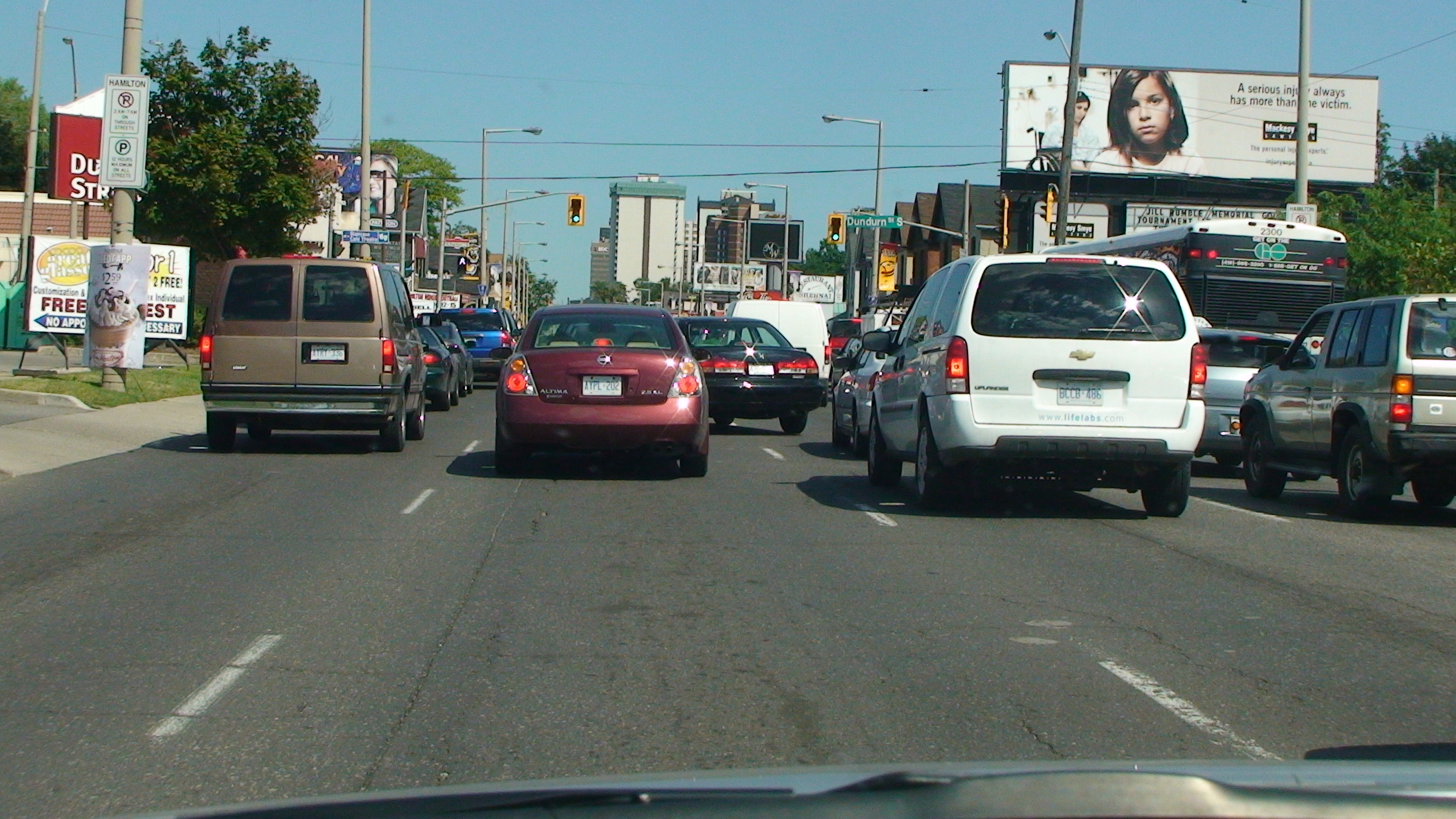When does knowledge turn into skill?
 I was recently speaking with a friend and former colleague about some advanced driver training he received. He was explaining some of the techniques and challenges each participant was taught. He had said that although each participant decided to be there on their own for their own benefit, some were a little timid about trying these techniques. Regardless, they each received a certificate of completion. He was wondering how many of these people would go out and use their “new skills” on public roads. This brought up a question…when does something become a new “skill” versus new “knowledge”?
I was recently speaking with a friend and former colleague about some advanced driver training he received. He was explaining some of the techniques and challenges each participant was taught. He had said that although each participant decided to be there on their own for their own benefit, some were a little timid about trying these techniques. Regardless, they each received a certificate of completion. He was wondering how many of these people would go out and use their “new skills” on public roads. This brought up a question…when does something become a new “skill” versus new “knowledge”?
It’s a little known fact that many people say it can take roughly 21 days to make something into a habit. Some others say it takes roughly 30 days to do the same thing. However, since everyone’s brain is different, that can certainly change depending upon the individual. Regardless, knowing this information makes us ask the question; how does one day of training give you a skill? When I coach baseball and teach fielding to a younger player, does that mean they have the skill or just some of the knowledge after spending a day with me? Of course not.
A skill is habitual. It’s something you can do without much thought since it’s now part of you. It takes much practice to get to that level so if anyone says they now have a new skill after just a few hours, I’d question that. Also, if you really want to have that skill, practice it every day for a short period of time. Most people will remember the first thing they do and the last thing they do. This is commonly referred to as the ‘primacy/recency’ effect. Spending hours and hours at a time will not turn new knowledge into new skill. You’ll forget most of what you’ve done. Spending short periods of time practising the same things properly will make them into a skill.
Remember when you were in school and were studying for exams or tests? After you finished studying for hours at a time you probably thought to yourself how you’ll ever pass the exam because you couldn’t remember enough of the material. The same can be said for trying to learn anything you do. Your brain can only handle so much at a time. Take in the information in small doses.
Remember the old saying that practice makes perfect? It’s not necessarily true. Practice makes permanent. If you practice something the wrong way, that becomes your habit. This is why proper practice is very important. For example, if a driver kept turning too early for a left turn, therefore cutting the corner, that would become the habit. It wouldn’t mean they were perfect at making left turns. Perhaps we should be saying that proper practice makes perfect?
So how can you make new positive habits for yourself? First of all, set goals for yourself. Small goals. Instead of saying “I want to be a safe driver” start off with saying “I want to make all of my turns safely, smoothly and legally”. Once you’ve mastered those with the help of a professional, move on to the next goal, whatever it may be. Don’t be fooled into believing you have a new skill, just because you can do it with proper coaching from a professional. Take the information you were given and practice enough that it becomes a habit. With dedication, proper instruction and commitment, anything can become a skill…just give it time.
